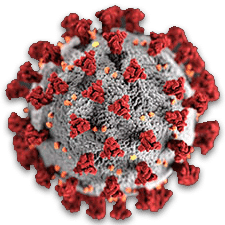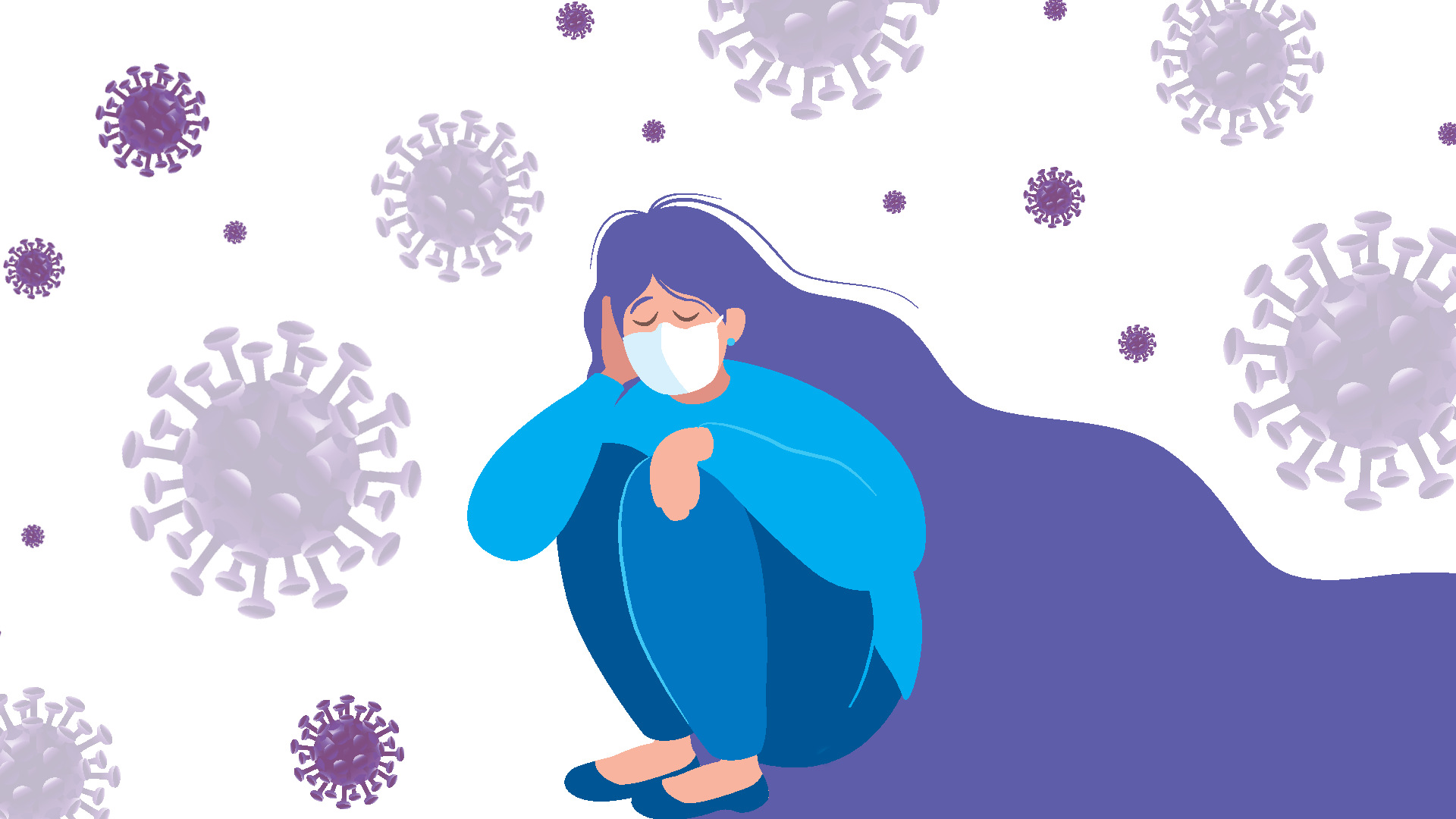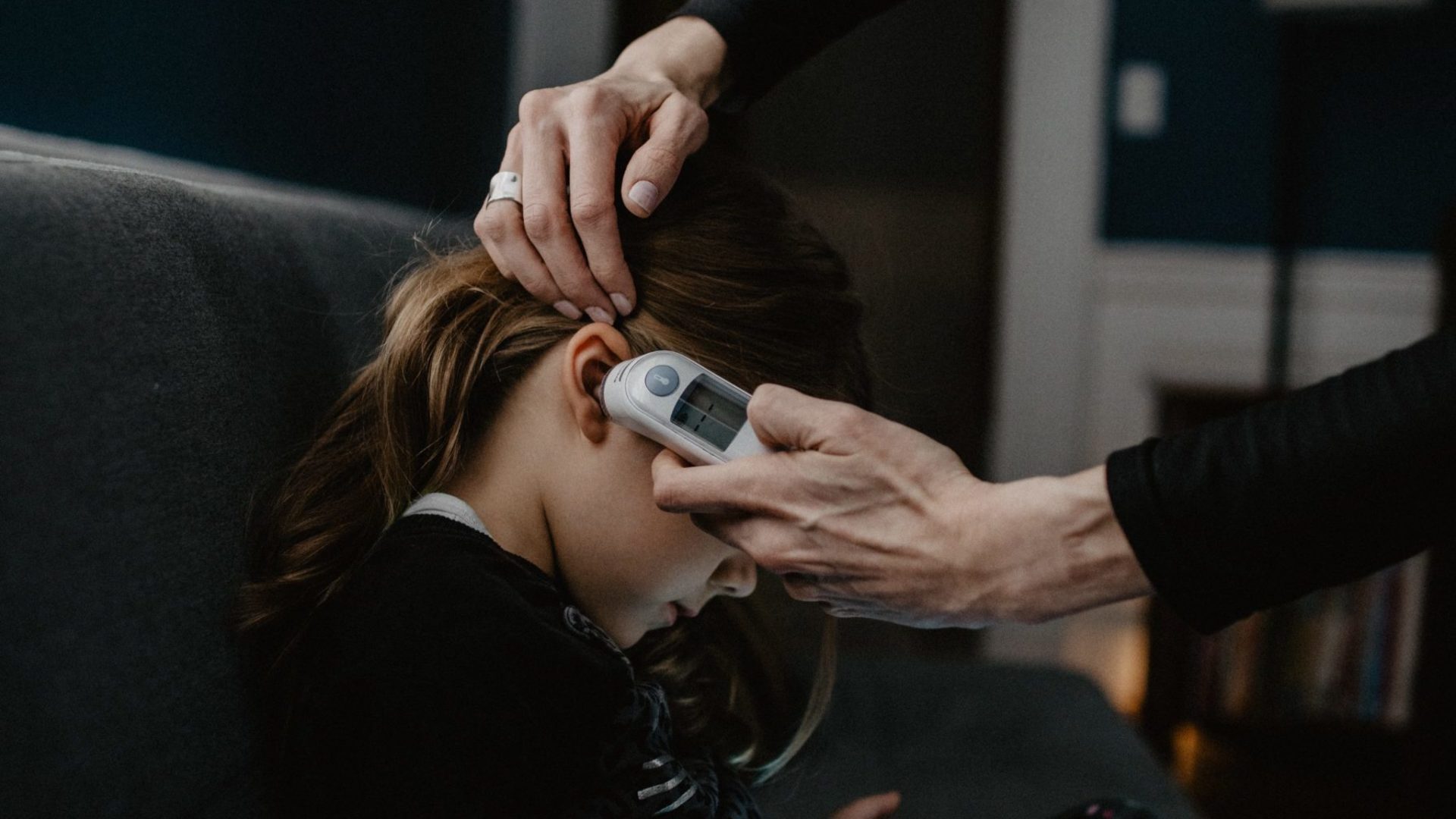As of this month, nearly 250 million people around the world have recovered from Covid-19. But here, the word “recovered” refers only to the acute phase of the illness. Somewhere between 10 and 40 percent of Covid patients continue to experience symptoms several weeks to months after falling sick, a nebulous condition now referred to as post-Covid condition, or long Covid.
In long Covid, we are witnessing the emergence of a legitimate new illness, officially recognized by the World Health Organization’s International Classification of Diseases. Because it is difficult to diagnose and treat, however, long Covid has also become a subject of contention between the people who suffer from it and the health care professionals charged with treating them. Long Covid patients have described feeling dismissed and “gaslit” by doctors who seem to question their illness — or who seem at a loss for what to do about it.
Understandably, then, many long Covid sufferers have turned to patient and advocacy support groups for solutions. As physicians ourselves, we know that patient groups can provide needed social and emotional support, especially to patients who feel alienated and unheard by medical professionals. But we also know they can be cauldrons of misinformation — and feeding grounds for snake-oil salesmen hawking unproven treatments. And so it’s critical that patients and health care professionals find ways to work with, rather than against, each other in the effort to find solutions for long Covid. Otherwise, the problem is destined go from bad to worse.
The task is made difficult by the fact that we know so little about long Covid. Although the condition is frequently marked by symptoms including fatigue, headaches, muscle pain, and “brain-fog,” laboratory tests and physical examinations of long Covid patients may show nothing out of the ordinary. As a result, long Covid has drawn comparisons with so-called contested illnesses, such as myalgic encephalomyelitis (also known as chronic fatigue syndrome) and fibromyalgia, whose legitimacy are questioned by the medical profession. There is even some evidence that some cases of long Covid may be caused by something other than Covid-19. A recent study found that patients who believed they’d been infected with Covid-19 — but hadn’t confirmed that status with testing — tended to report more symptoms of long Covid than patients who were confirmed with blood tests to have actually had Covid-19.
Collectively, this doubt and ambiguity has contributed to a potentially adversarial relationship between doctors and patients. Headlines like the one for a recent story in The Atlantic, “Long-Haulers Are Fighting for Their Future,” have only contributed to the combative tone.
 |
For all of Undark’s coverage of the global Covid-19 pandemic, please visit our extensive coronavirus archive. |
But it would be unfair to say that the medical community has entirely dismissed long Covid. Substantial amounts of effort and funding are now being put into long Covid research. The National Institutes of Health has announced more than a billion dollars of new funding for a program that will, among other things, follow a cohort of Covid-19 patients over time to track the evolution of long Covid symptoms and hopefully elucidate the biology of the condition. Similar research efforts are being mounted in other countries as well. In time, these efforts will help us more clearly understand the hallmarks of long Covid and develop best practices for treating it.
For now, however, the illness remains shrouded in unknowns, and there’s a legitimate concern that misinformation will fill in the gaps — as it seemingly has with almost everything Covid-19 related so far. Already, we have personally seen pseudoscientific groups claiming, without evidence, to have knowledge of how to treat long Covid. We have seen discussions about unproven treatments like extreme diets and ivermectin pop up frequently on long Covid social media boards. The misinformation seems to be spreading almost as fast as the disease itself.
Fortunately, there are steps that can be taken to mend the budding rift between long Covid patients and health care professionals — hopefully in time to stop the wave of misinformation before it crests.
First, the health profession will need to make a concerted effort to communicate new findings and developments about long Covid to the public. As research progresses, there will be a steady flow of new information about this illness, its epidemiology, and how to best treat it. It is imperative that clinicians, patients, and journalists have access to updated and accurate scientific information about long Covid as it emerges. Simultaneously, it will be important to identify, and counteract, long Covid misinformation. We recommend an infodemiology model, in which community members trained in effective communication techniques engage in discussions on patient forums to contextualize new findings and help correct misconceptions before they become entrenched.
Second, physicians can treat the symptoms of long Covid, even when they are unable to make a concrete diagnosis of the disease. Some long Covid patients, for example, describe numbness and tingling in their hands or feet — a condition that may respond to appropriate medication. Brain fog and cognitive difficulties may be treatable in some patients with cognitive therapy approaches. Depression, another prominent long Covid symptom, may be treatable with psychotherapy or antidepressant medications, whether or not the underlying cause was a coronavirus infection. (In a recent essay in The New York Times, physicians Adam Gaffney and Zackary Berger noted the importance of treating the symptoms of long Covid, even when causes can be difficult to identify.)
Public health and specialist societies can aid physicians in these efforts by providing guidelines and training for safely treating long Covid symptoms in the face of uncertainty — and for helping patients manage mental health issues. (It’s worth noting that the French government has already issued diagnostic and treatment guidelines for long Covid.)
But perhaps most important, doctors can listen to their patients, and show empathy. At times, health care professionals can get so caught up in the objective criteria for diagnosis that they lose the forest for the trees. The culture of “first, do no harm” can actually do harm when it leaves people suffering until a diagnosis can be made. Even if the diagnosis is uncertain, acknowledging the reality of a patient’s symptoms — and the potential for those symptoms to cause significant pain and suffering — is likely to offer some therapeutic relief. Making sure that patients feel heard, understood, and validated can go a long way toward reassuring them that health care practitioners are their allies, not adversaries, in the effort to solve long Covid.
Having a chronic illness is frustrating. People suffering with long Covid are right to feel impatient with what is, in many ways, a broken medical system. But it would serve no one to have millions of people with long Covid initiating adventures with unproven and potentially dangerous interventions. And it serves no one to pit doctors against patients. Covid-19 has already sown harmful division and polarization in our society. We should not let long Covid do the same.
Jack Gorman trained as a psychiatrist and worked in clinical neuroscience research at Columbia University and the Mount Sinai School of Medicine for over 25 years. He is co-author of the book “Denying to the Grave: Why We Ignore the Facts That Will Save Us” and co-founder of Critica, a nonprofit organization that seeks to improve the public’s acceptance of science.
David Scales is trained in sociology and internal medicine and is an assistant professor of medicine at Weill Cornell Medical College and Chief Medical Officer at Critica. He can be found on Twitter @davidascales.












Comments are automatically closed one year after article publication. Archived comments are below.
I have a neurologist who finally said today he thinks I have long covid. Thankfully, I also have autoimmune disease where I can get medications for one that work on the other. What convinced him? He’s always suspected but my mother got covid last spring and within three months, she developed many of the same symptoms as mine. She’s on same drugs and is now at same doctor’s practice. My rheumatologist won’t even look at me when I ask her what’s going on. I’m relieved, but this has been very frustrating. Most people think I’m being lazy but what lazy person sleeps up to 15 hours a day, and can’t put on shoes because feet are so swollen and painful? Can’t get medicaid so can’t afford all the medications I need. One thing they did find out was I had almost no vitamin D and I’ve been on prescription vit D for three months and it’s helped with exhaustion and stopped the sad scary thoughts.
The medical community has long dismissed and undertreated chronic illnesses, and psychiatry has been a huge part of the problem. There are patient advocacy groups which have worked for years educating doctors with regards to specific chronic illness, and also some treatments put forward by governmental/medical “experts” which are sheer quackery. Doctors need to listen to their patients, and work with them not over them.
What I hate about the conversation about fighting misinformation is the sweeping dismissal of anything and everything that’s not an FDA-approved pharmaceutical treatment. Like, what’s wrong with saying “Get vaccinated AND take your vitamins?” Or “Cut back on sugar and eat more vegetables?” I’m sick of people rolling their eyes at normal healthy habits lately. Like we’re just supposed to act completely helpless beyond vaccinating and social distancing. There has to be more balance in the conversation. And not everyone that seeks medical information on the Internet is an idiot. If it weren’t for “Dr. Google” I probably never would have found out that I am Celiac or that my ovaries are threatening to quit early. Now I have bloodwork that confirms both conditions. Anyway, we just have to be careful not to throw the baby out with the bathwater. And listen to patients better. Even the nutty ones.
Thanks for your comment, Dawn, and I agree that a lot of doctors blow off patients with LC because it is so difficult to treat. Part of the misinformation we are concerned about is becoming confident in the mechanisms, diagnosis or treatment of Long Covid before the evidence is strong enough to support those assertions. Your comment is an example of that overconfidence. I’ve read many papers on Long Covid and while there are many important contributions, we are far, far from the confidence in the root cause that you assert, and even farther from confidence on how best to treat it. But that doesn’t mean patients like you need to suffer. I have listened to a number of Long Covid patients and this is a common refrain: yes there is research, yes there are papers, yes the evidence is slowly starting to emerge. I’m hopeful more and better research will be published shortly But not all research papers are equal. Some are high quality and some lower quality and we need to adjust our interpretation of the data on the strength of the evidence. I find in my discussions with people who suffer from LC or other contested illnesses that many assume that the sheer number of papers correlates with the quality of evidence, which unfortunately isn’t the case. Quality of evidence matters much much more than the quantity. Thanks again for your comment and I’m glad you’ve been able to find some treatments. I hope you continue to feel better!
Can’t wait for medicine to fill in the blanks with its own brand of pseudoscience that will take decades to debunk, precisely as it happened to all of these “contested illnesses.”
This article is certainly off to a good start.
I have LC. For 22 months. There is plenty of solid research that says what the cause of it is. Some in precision detail. I find I know more about it than all my doctors because I have time to read the peer reviewed papers. But I have been blessed with doctors who listen and read the papers I find and adjust treatment accordingly. Your article is very much an example of the problem with getting long covid treatment for most and the refusal of some of the doctors to listen to patients. We know the root cause, a stuck misfiring immune system, systemic inflammation and vasculitis, the problem is that there is not a magic pill to treat so a lot of doctors blow us off. Maybe just maybe you should have talked to a lot of us 2 year long haulers before you wrote this article.
Thank you for saying this. I’ve had long covid since august 2020 and today, finally, my neurologist admitted he thinks I have long covid. I feel like someone sees me, finally!